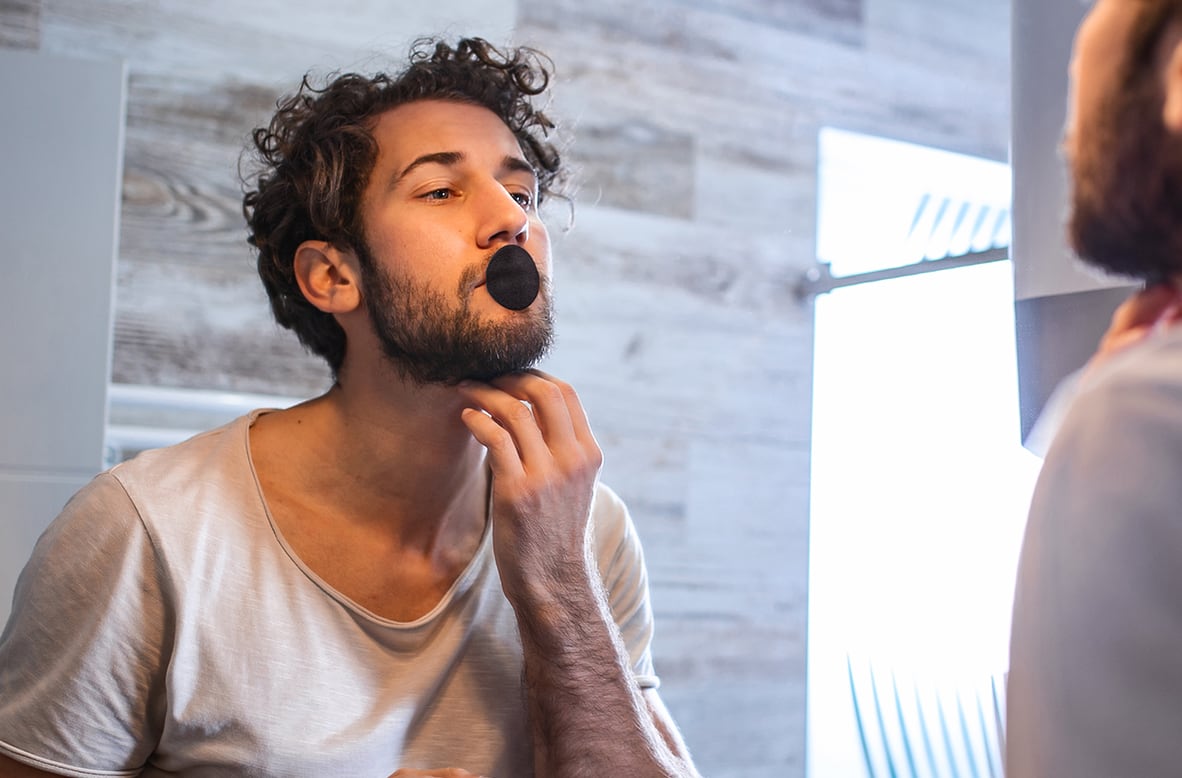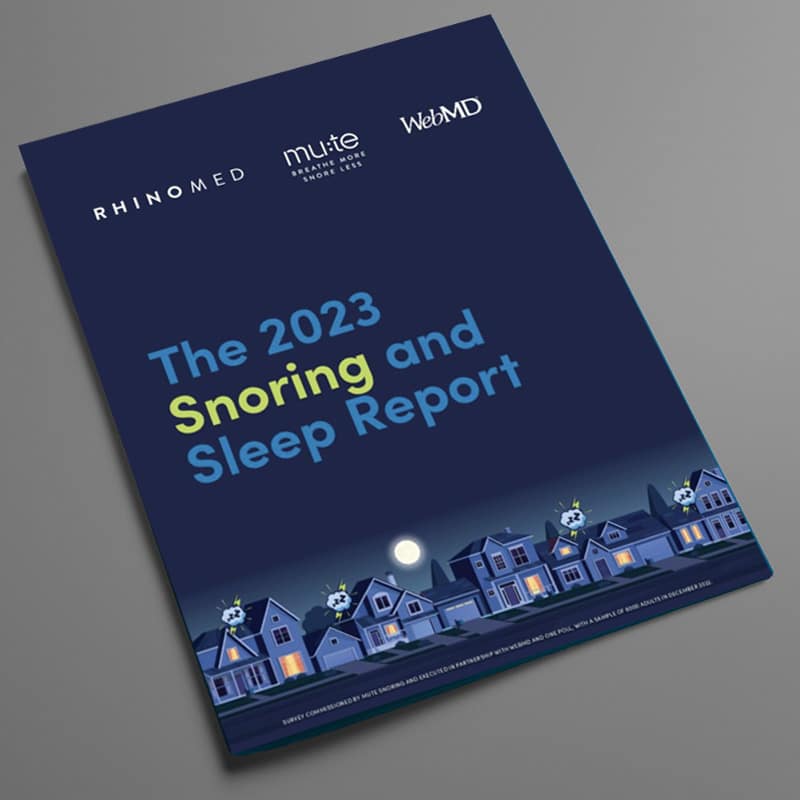By Nancy H. Rothstein, MBA
The Sleep Ambassador®
Breathing is essential for life. We do it automatically. Yet, we know so little about our breathing and how it functions. Often it’s not until our breathing is compromised that we become aware of not being able to breathe freely. It’s not a great feeling. Even for those of us who think we are breathing just fine during our waking hours as well as during sleep, there may be a fundamental issue that is significantly impacting your health and well-being.[1]
As Patrick McKeown inquires in The Breathing Cure[2], “Since breathing is a natural process, and so vital to life, why do we all breathe so differently? The answer is that breathing habits are greatly influenced by lifestyle, environment, and genetic predisposition. Everyday habits that may come from choice or necessity…can result in faulty breathing, along with its negative consequences.”[3]
I often ask people, from athletes to family to soldiers to my audience at a lecture, “Are you a mouth or a nasal breather?” The majority’s response is almost always that they’re not sure. Not surprising but indicative of an opportunity for people to improve their breathing and health. If you are taking in oxygen, don’t you want to do it for the optimal effect? Starting right now, pay attention to how you breathe.
Did you know that nasal breathing is optimal?[4] Your nose was designed for you to breathe in and out efficiently and properly. 24/7. When you nasal breathe, you humidify, warm, moisturize, and filter the air, as well as making it easier for your lungs to use the air and improve oxygen circulation throughout your body.[5]
Our mouth was designed for eating, drinking, and speaking, not for breathing. When you mouth breathe, you bypass many of the unique and advantageous features offered by nasal breathing.[6] For some, nasal breathing is necessary due to nasal congestion, a deviated septum, small nostrils, an obstruction, or just poor breathing habits. In fact, chronic mouth breathing can lead to various health risks including snoring, sleep apnea, dry mouth, tooth and gum decay, inhaling unfiltered air, allergic responses to allergens, and even an increase in stress and anxiety. If any of these factors lead you to mouth breathe, consider being evaluated by an ENT or your PCP to minimize the related health risks and improve your well-being.
Furthermore, mouth breathing may be a culprit that is compromising your sleep.[7] How you breathe during sleep may not be so apparent to you so enlist your bed partner to observe for you. Ask if you snore. Do you stop breathing during sleep and gasp for air? In addition to snoring, tell-tale signs of mouth breathing during sleep are awakening with a dry mouth in the morning or needing water at your bedside because you awaken during the night or in the morning thirsty. On the other hand, nasal breathing during sleep plays a significant role in the healthy regulation of respiration and in your getting a good night’s sleep.[8]
Having the visceral experience of enhanced nasal airflow can jolt a person to recognize what optimized nasal breathing even feels like and help the transition away from mouth breathing. Mute[9], a comfortable nasal dilator, offers an excellent solution. You might try it first during your waking hours. You can instantly experience a surge in nasal airflow. Then try it at night and see how you feel in the morning. And for those who snore, Mute is an excellent solution for you and your bed partner on the path to good, quiet, restorative sleep.[10] Furthermore, I’ve witnessed many people with a deviated septum insert a Mute and have a swift “ah ha” moment with the realization that they haven’t breathed out of that nostril for ages. If you suspect this is an issue for you, seeing an ENT for evaluation merits consideration.
In addition to using a Mute, there are many breathing techniques and exercises to help mouth breathers transition to nasal breathing to help you sleep better, reduce stress and anxiety, support good lung function 24/7, and even increase your respiratory muscle strength for exercise.[11] Explore resources to help restore, enhance, and optimize nasal breathing and your health during sleep and your waking hours.[12] [13]
At the end of the day, optimizing nasal breathing, the way you are designed to breathe, will serve you well when asleep and awake.
[1] Breath: The New Science of a Lost Art, James Nestor, https://www.mrjamesnestor.com/) [2] The Breathing Cure: Develop New Habits for a Healthier, Happier, and Longer Life, by Patrick McKeown, https://buteykoclinic.com/the-breathing-cure/ [3] The Breathing Cure: Develop New Habits for a Healthier, Happier, and Longer Life, by Patrick McKeown, https://buteykoclinic.com/the-breathing-cure/, pages 2-3. [4] Healthline, https://www.healthline.com/health/nose-breathing#differences [5] Sleep Review Magazine, https://sleepreviewmag.com/sleep-disorders/breathing-disorders/obstructive-sleep-apnea/nasal-breathing/ [6] Nose Breathing vs. Mouth Breathing- Which is better?, https://optimalbreathing.com/pages/nose-breathing [7] Breath- Expert Q&A, No. 8, Breathing & Sleep, https://www.mrjamesnestor.com/faq (scroll down) [8] https://www.cnn.com/2020/08/20/health/how-to-stop-mouth-breathing-sleep-wellness/index.html [9] https://mutesnoring.com/ [10] Breathe Your Way to a Better Night’s Sleep, Sleep Better Naturally by Rhinomed, https://mutesnoring.com/breathe-your-way-to-a-better-nights-sleep/ [11] Breathe through nose during rest, exercise, sleep, Patrick McKeown,
https://www.youtube.com/watch?v=biYJ1fNmGQg
[12] Restoring Nasal Breathing, Patrick McKeown, https://www.youtube.com/watch?v=1IWWcyk3_jk [13] What are the Advantages of Nose Breathing vs. Mouth Breathing, Healthline, https://www.healthline.com/health/nose-breathing#benefits
As The Sleep Ambassador®, Nancy is on a quest to help people live life fully, 24/7. As a sleep expert, Nancy inspires a new respect for sleep and its impact on all aspects of work, life, and well-being. She consults globally to companies and organizations, as well as to the public, presenting sleep education and training with strategic and practical solutions to empower people to make lasting shifts to optimize their sleep. Her course on LinkedIn Learning, Sleep Is Your Superpower, has engaged over 300,000 people, providing a wealth of sleep tips. Her Sleep Well/Live Well 4-week, virtual sleep improvement program, has been taken by 1,000s of employees. Nancy is the author of My Daddy Snores, published by Scholastic, which has sold over 400,000 copies. For more about Nancy and curated sleep resources, courses, and select articles and
publications, visit www.thesleepambassador.com.



